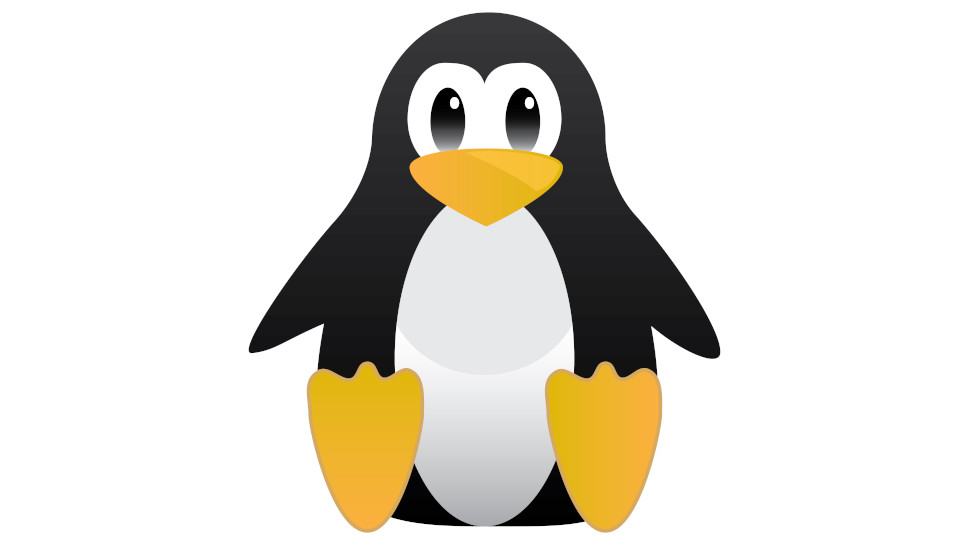Linux Kernel 6.2 is here, and it now has mainline support for Apple M1 chips
Good news for Apple enthusiasts

Version 6.2 of the Linux operating system has been released, and while those expecting sweeping feature additions might be disappointed, one change will stand out for many.
In a short blog post, Linux founder and lead developer Linus Torvalds explained that, in the lead up to the release, there had been a few small fixes, stating: “I wasn't going to apply any last-minute patches that weren't actively pushed by maintainers”.
As nothing stood out as worthy of delaying the release of 6.2, Torvalds said any touches that had not been applied “will have to show up for stable.”
We want to build a better website for our readers, and we need your help! You can do your bit by filling out our survey and telling us your opinions and views about the tech industry in 2023. It will only take a few minutes and all your answers will be anonymous and confidential. Thank you again for helping us make TechRadar Pro even better.
D. Athow, Managing Editor
Linux 6.2
The 6.3 merge window has already opened, but Torvalds as ever has urged testers to check out version 6.2 to ensure that everything is running smoothly.
It may not be a “sexy LTS release”, he said, but these sorts of “pedestrian kernels” require just as much testing as any other.
This is perhaps underplaying the fact Linux-based operating systems are now supported on a wide array of Apple's proprietary silicon, including the M1 Pro, M1 Max, and M1 Ultra chips, thanks to the work of Asahi Linux’s developers being brought forward.
Apple’s M-series chips have been great news for die-hard macOS fans, bringing significant performance enhancements to all aspects of processing and efficiency, however they have posed a roadblock to other hardware applications.
Are you a pro? Subscribe to our newsletter
Sign up to the TechRadar Pro newsletter to get all the top news, opinion, features and guidance your business needs to succeed!
The mainline Linux support joins the recent news that Windows 11 is now available on M1 and M2-based Macs through virtual machine software Parallels 18.
While good news, it's unclear what this could mean for the Linux roadmap going forward. While it doesn’t have the multi-billion dollar backing that Windows and macOS may have, its determined set of developers is likely to continue working on wider compatibility for future releases.
- Need new hardware? Pick from the best Linux laptops or the best MacBooks and Macs
With several years’ experience freelancing in tech and automotive circles, Craig’s specific interests lie in technology that is designed to better our lives, including AI and ML, productivity aids, and smart fitness. He is also passionate about cars and the decarbonisation of personal transportation. As an avid bargain-hunter, you can be sure that any deal Craig finds is top value!
